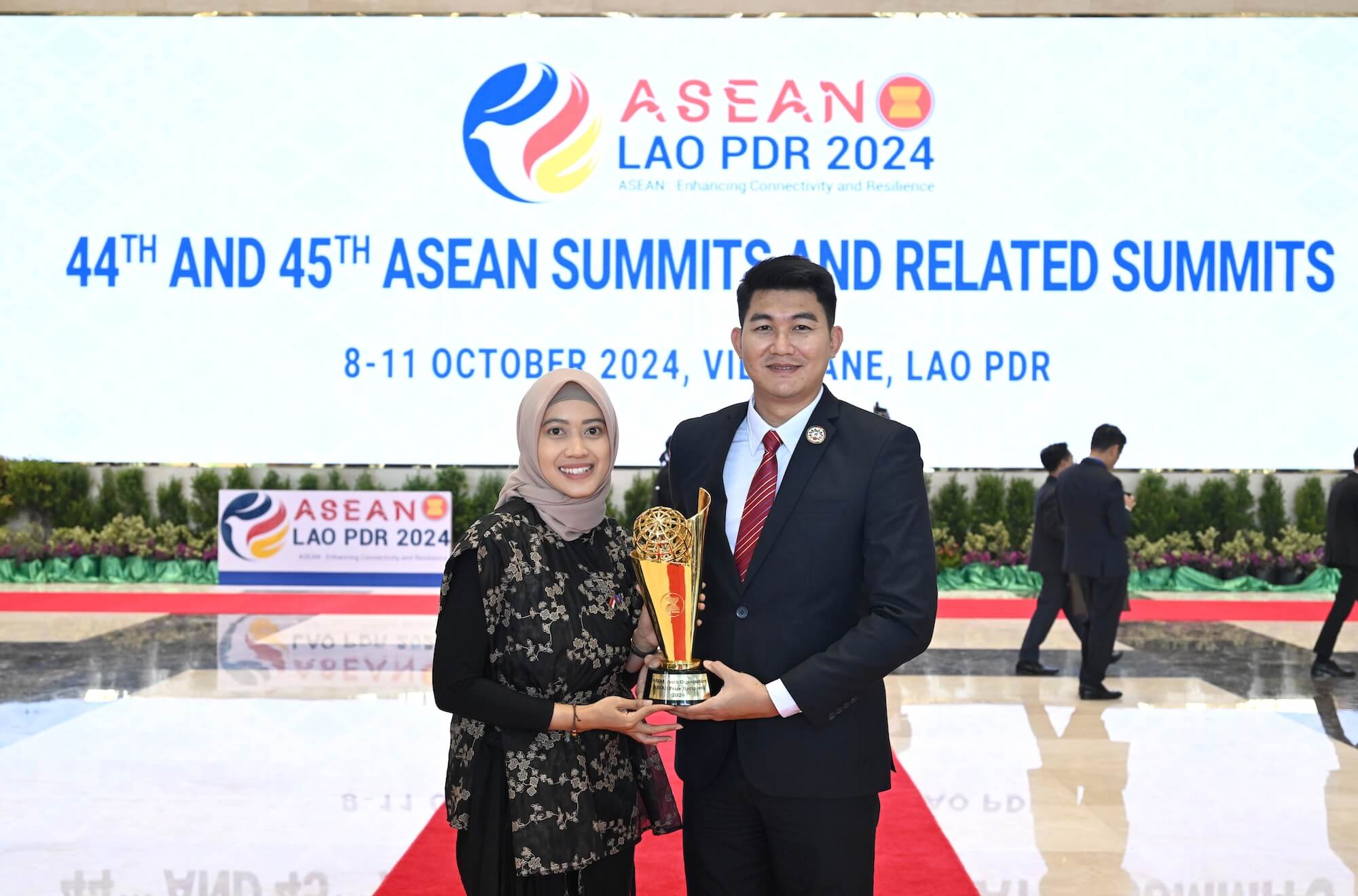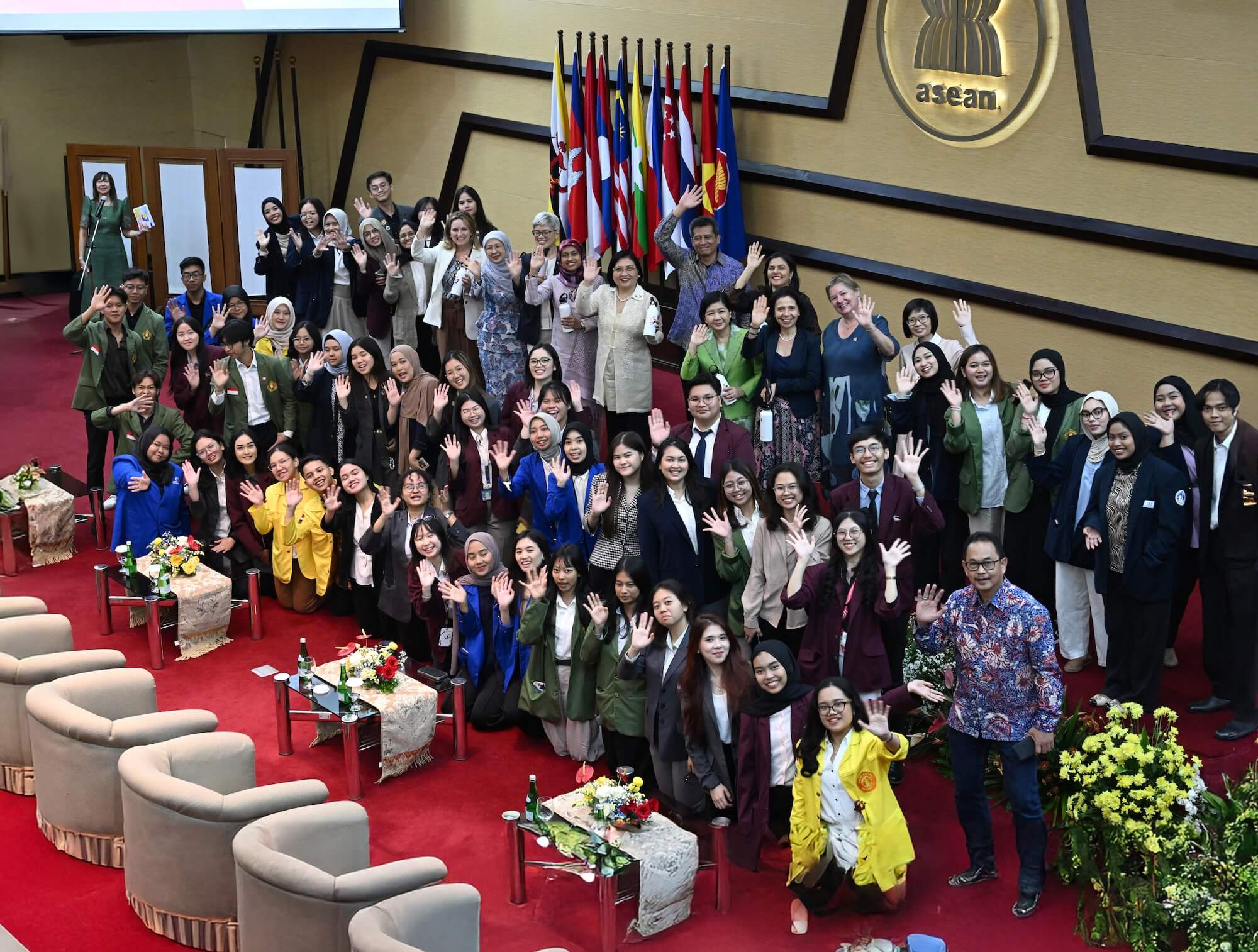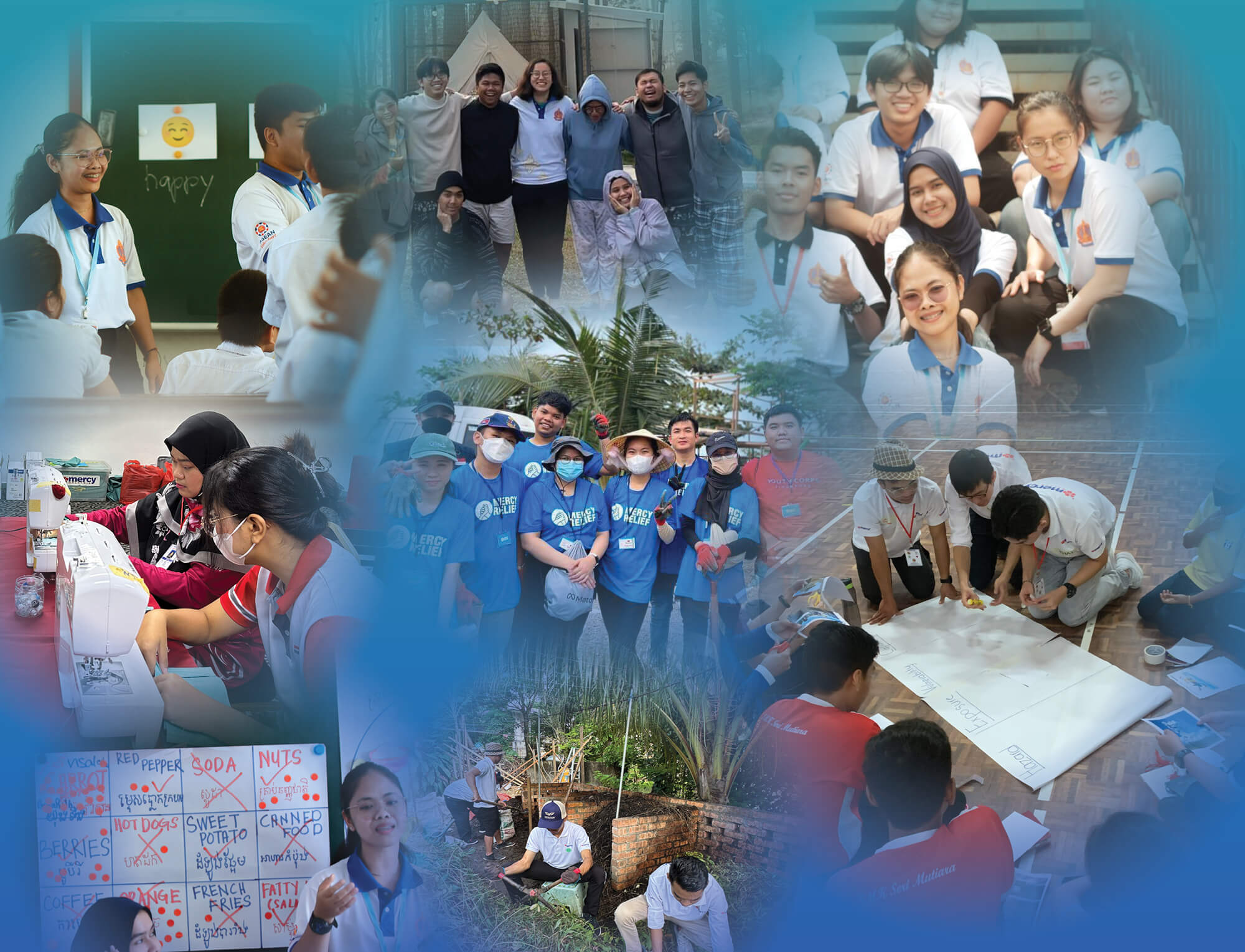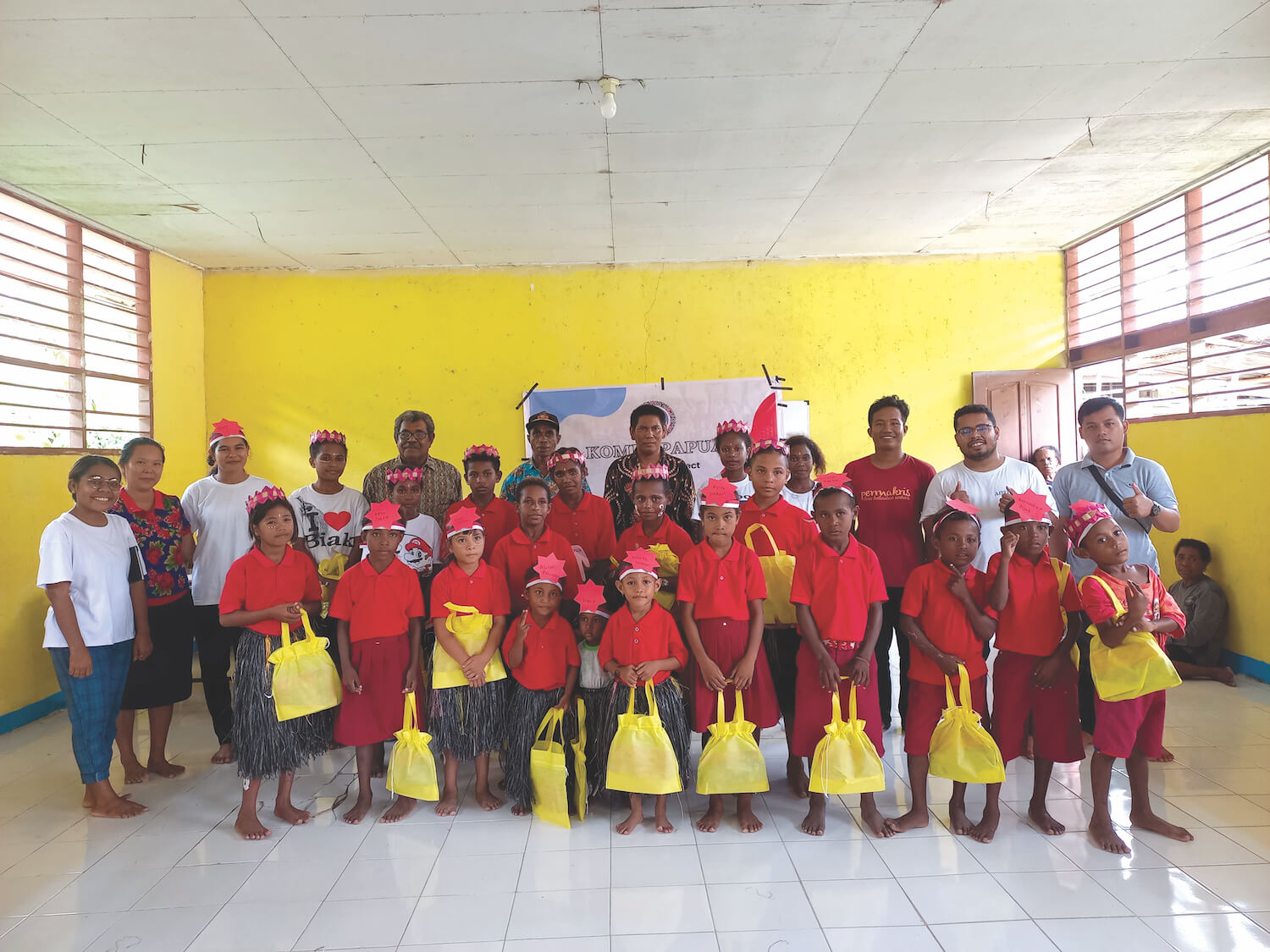



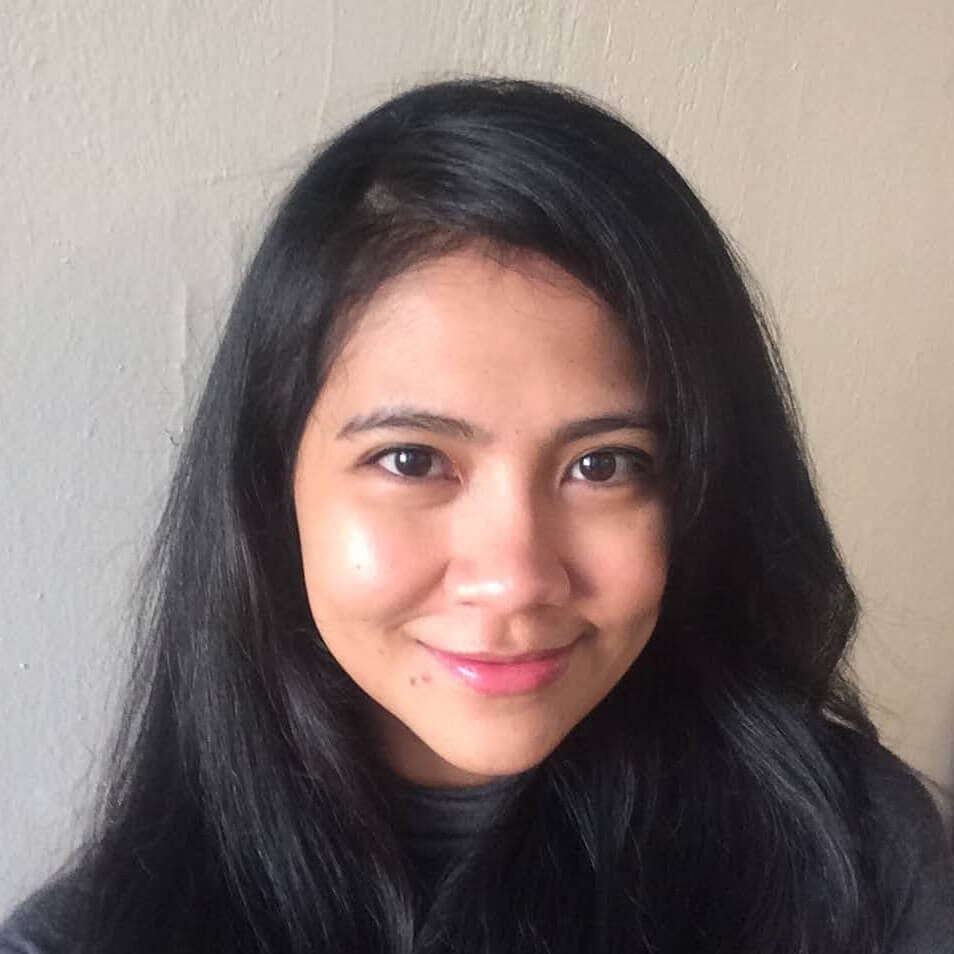
As of 2021, almost half or 44.7 per cent of the ASEAN population live in urban areas. With more than half of the population living in rural areas, including young people, they very likely experience the problems typically associated with rural and remote communities, such as inadequate access to health and education services, internet and ICT, and employment opportunities. Therefore, issues of the digital divide and lack of preparedness for 4IR cannot be overlooked.
Twenty-three-year-old delegate Pen Sreykeo, a native of Siem Reap, believes that the education facility in her community is still insufficient. Spending her time as a volunteer English teacher at a public school in her hometown, Sreykeo observed: “My area lacks skilled and well-educated human resources because we do not have enough schools. Many young people also prefer to work and gain income. Some are ignorant and waste their time while not being productive.”
Lack of access to education facilities is a problem echoed by Indonesian delegate 24-year-old Lukas Norman Kbarek. Born on Biak island in the easternmost part of Indonesia, Lukas first moved to Java and then to Bali. Lukas saw the disparity between living in rural Papua and bigger cities.
“Youth in my hometown are not aware of digital technology. How can they adapt to the so-called 4th industrial revolution? That is why I push digital literacy through my community, to close this huge gap. I hope that kids from rural areas, like me, can have the same chance of adapting to digital transformation. Not just those from Jakarta and other big cities,” he said.
Lukas’ concern was embodied in one of the recommendations conveyed by delegates to the ministers that called for guaranteed regional technological connectivity across ASEAN and the ROK. The recommendation calls for enhancing partnerships between governments, high-level institutions and the private sectors, through exchanges on policy developments.
Lukas, who works with Komunitas Informasi (Komin) Papua, a civil society organisation that promotes digital literacy among students and schools in rural Biak, is often surprised by these glaring deficiencies. For example, he once worked at an elementary school with only one teacher, a headmaster, who also needed to teach six classes. He recalled, “So, whenever the headmaster went out of town for a meeting, the school would close down.”
Lukas yearned to do more for his community; however, he found it hard to gather support for his cause. Learning from experience, he proposed to include a line under the Inclusive and Sustainable Growth theme: “There should be increased relevant and country-specific support for grassroots organisations and volunteer groups, so that they are able to act as liaisons to the marginalised areas. This is, among others, to enhance the distribution of educational materials and enhancements in infrastructure in the rural, remote and marginalised areas for equitable access to education.”
“Many participants noted the same barrier and immediately agreed to adopt the recommendation,” he added.
Sreykeo, on other hand, noticed a different kind of barrier among the youth delegates. She noticed that some seemingly more affluent delegates were reluctant to mingle with those outside their circles.
“That should not happen. Because of the division, youth do not have a chance to compete fairly and to innovate together,” she said.
For Sreykeo, increasing youth exposure to the workforce is essential, as she believes young people can learn to cooperate and set their differences aside.
“To me, the point of recommendation that says ‘create a culture of collaboration and collective action among the students to work together to support each other’ is critical. These suggestions resonate with me, and it is best if my community can follow them,” she said.
Sreykeo, Lukas, and their fellow youth delegates look forward to ASEAN’s leaders implementing their recommendations and hope for another follow-up dialogue to evaluate their suggestions.




